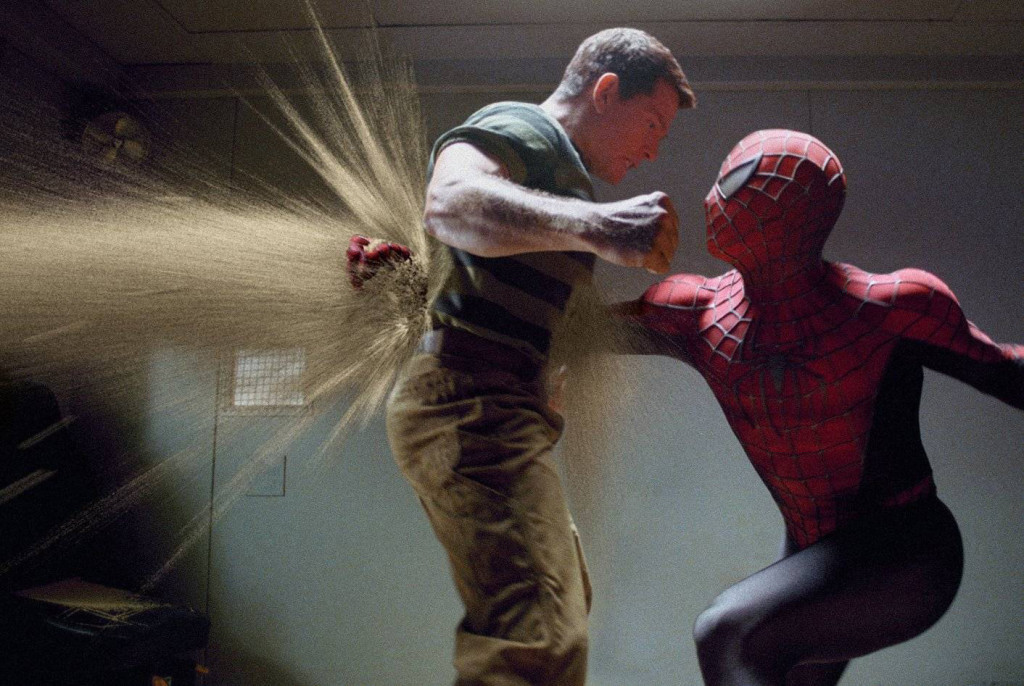Will motor/virtual sports ever be Olympic events?
By Elliot Chan, Opinions Editor
Competitiveness, athleticism, and focus, I believe those are three necessary requirements of a sport. Other people will have a different definition for it, but generally we can agree what is a sport and what isn’t.
Running is a sport, Temple Run is a mobile game, and sleep running is a disorder; but jokes aside, I believe that like technology, sports are changing, and athletes can be nerds, gear heads, and jocks.
In the 1900 Olympics, auto racing was a demonstration sport showcasing its appeal to the world. But like floor hockey, American football, and korfball, the International Olympics Committee rejected it as an official event. It’s hard to say how the committee decides which sports to include and which to forgo. It’s definitely not about appeal, since motorsports have a large following in North America, Europe, and Asia.
A common argument against motorsport as an Olympic event is that driving is not an athletic feat, and that the cars and the mechanics who built them are actually doing most of the work, not the drivers. For those who have never tried to maneuver around another vehicle going 200 miles per hour, they wouldn’t understand the control and concentration a driver must have. Ever avoid a collision in traffic and felt your heartbeat? The experience is not so different from letting in a last-minute goal or running the last leg of a marathon.
Driving comes with a huge learning curve, and it takes years for one to master; the same is true for tennis, hockey, and javelin. Motorsports are not just an achievement in modern engineering. They’re also respectable sports, sports of maturity.
Virtual sports are harder to advocate for, because globally there is still this notion that any sport played on a computer chair or a couch is not a sport. Honestly, I feel that physical exertion can come in many positions. The type of strain a virtual athlete goes through is not in the form of sprinting or rowing, but rather through rapid reflexes and precision. Like archery, video games take an insane amount of focus in order to succeed at an elite level. Also, video games aren’t always brief; they can last for hours and require endurance, in addition to concentration.
Virtual sports’ popularity is undeniable, even if the athletic community shuns it. Spectators gather from all around the world to watch professionals play a game that anybody can play, but few achieve superiority. Like the World Cup, Olympics, and the Super Bowl, virtual sporting events attract a large and passionate demographic. As technology advances and new physical interactions are enabled, such as the Xbox Kinect, I foresee a stronger group of gamers petitioning for respect in the sporting world, which can often feel like the gym class in high school.
Don’t worry gamers and gear heads, I’ve got your back, you won’t be picked last forever—after all, nerds and white-collar professionals are the new popular kids. Don’t be surprised to see an Olympic gold medalist in StarCraft, Street Fighter, and drag racing in the not too distant future.


